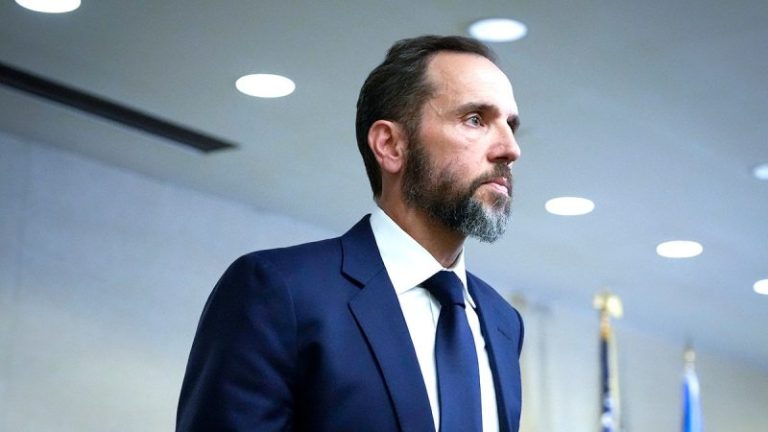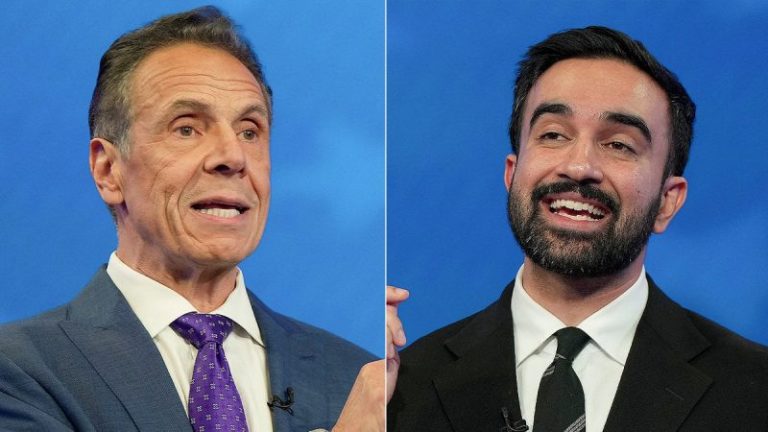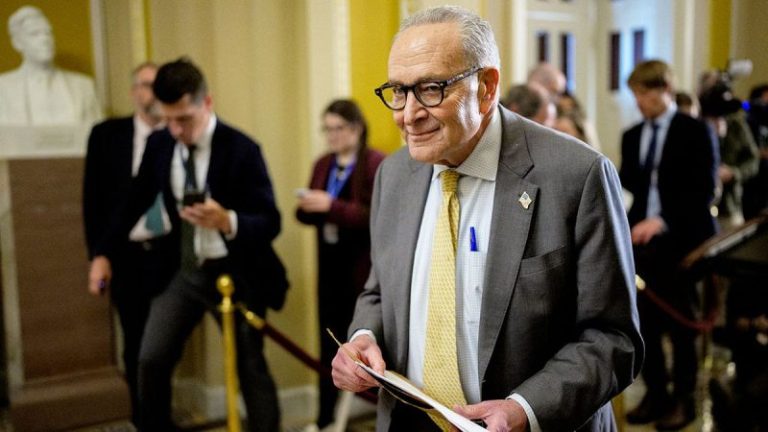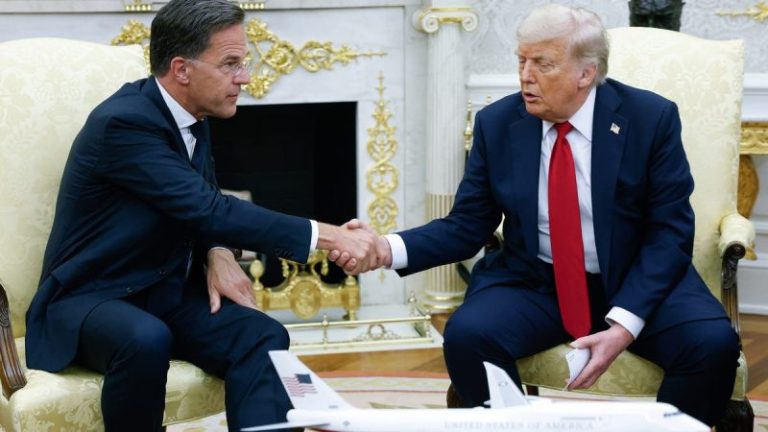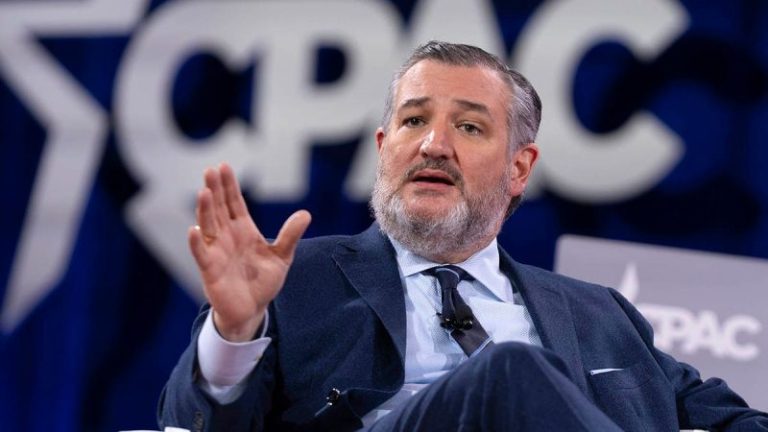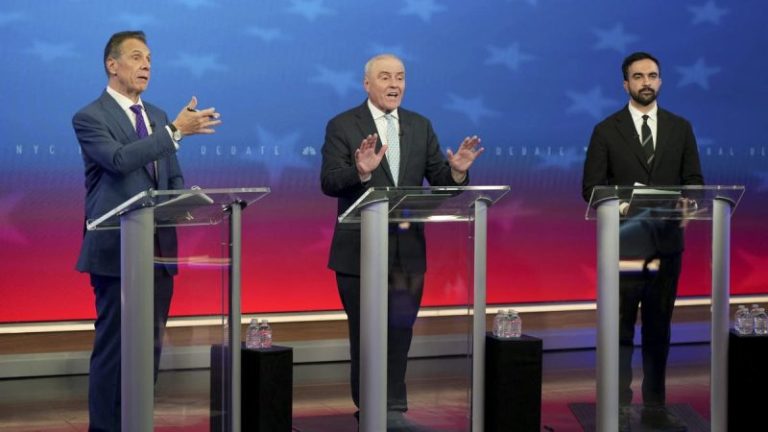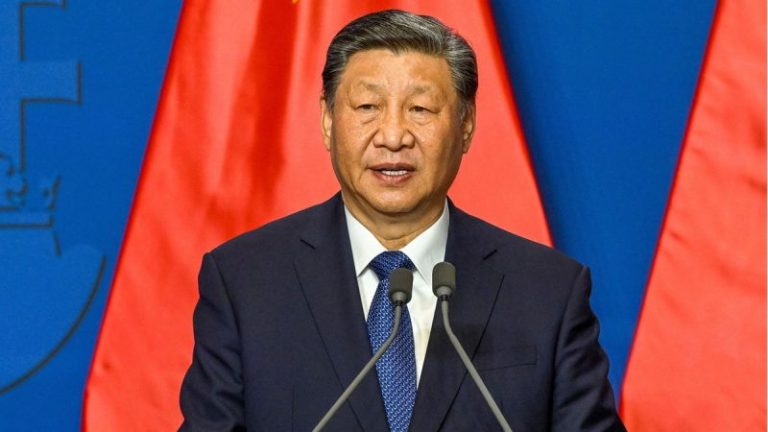Former special counsel Jack Smith is standing by his 2023 decision to subpoena several Republican lawmakers’ phone records, calling the move ‘entirely proper’ and consistent with Justice Department policy.
Smith said through his lawyers in a letter obtained by Fox News Digital that the subpoenaed data, known as toll records, belonging to eight senators and one House member were carefully targeted to support his investigation into President Donald Trump’s alleged subversion of the 2020 election.
‘As described by various Senators, the toll data collection was narrowly tailored and limited to the four days from January 4, 2021 to January 7, 2021, with a focus on telephonic activity during the period immediately surrounding the January 6 riots at the U.S. Capitol,’ Smith’s lawyers wrote Tuesday to Senate Judiciary Committee Chairman Chuck Grassley, R-Iowa.
Toll records do not reveal the contents of phone calls but instead reveal when calls were made and to whom.
Smith’s lawyers said that although Grassley, who brought the subpoenas to light, has not reached out to Smith, they felt compelled to write to the chairman to address claims from Republicans that Smith improperly spied on lawmakers.
Grassley responded to the letter, saying he would continue an unbiased probe into Arctic Frost, the name of the FBI investigation that led to Smith’s election-related prosecution of Trump.
‘I’m conducting an objective assessment of the facts&law like he says he wants So far we exposed an anti-Trump FBI agent started the investigation/broke FBI rules &only REPUBLICANS were targeted SMELLS LIKE POLITICS,’ Grassley wrote on X.
The targeted senators included Republican Sens. Marsha Blackburn of Tennessee, Josh Hawley of Missouri and Lindsey Graham of South Carolina.
In addition to the eight senators, Sen. Ted Cruz, R-Texas, told Fox News’ Sean Hannity Tuesday that he recently discovered Smith also attempted to subpoena his toll records but that his phone company, AT&T, did not hand them over.
The Republicans have broadly claimed they were inappropriately spied on, and compared Arctic Frost to the Watergate scandal.
Smith’s lawyers emphasized the normalcy of seeking out phone records and said that public officials are not immune from investigation.
Smith brought four criminal charges against Trump alleging he illegally attempted to overturn the results of the 2020 election, but he dismissed the charges after Trump won the 2024 election, citing a DOJ policy that discourages prosecuting sitting presidents.
Former special counsel Robert Hur sought toll records during his investigation into former President Joe Biden’s handling of classified documents. The DOJ subpoenaed phone records of former Democratic Sen. Robert Menendez, who is serving prison time after he was convicted in 2024 of corruption charges.
The first Trump administration subpoenaed phone records of Rep. Eric Swalwell, D-Calif., and then-Rep. Adam Schiff, D-Calif., and dozens of congressional staffers from both parties as part of a leak investigation.
Former DOJ inspector general Michael Horowitz warned in a report about the leak probe that lawmakers’ records should only be subpoenaed in narrow circumstances because it ‘risks chilling Congress’s ability to conduct oversight of the executive branch.’
Smith’s lawyers also disputed FBI Director Kash Patel’s accusations that he attempted to hide the subpoenas ‘in a lockbox in a vault,’ noting that the former special counsel mentioned subpoenaing senators’ records in a footnote of his final special counsel report.
‘Moreover, the precise records at issue were produced in discovery to President Trump’s personal lawyers, some of whom now serve in senior positions within the Department of Justice,’ Smith’s lawyers said.

